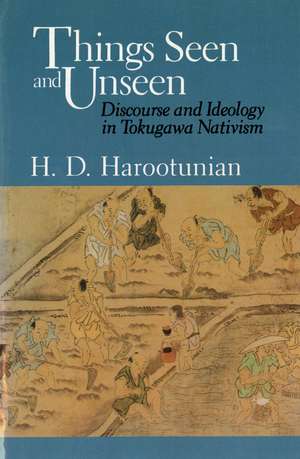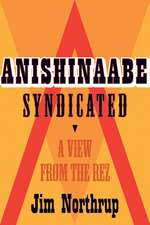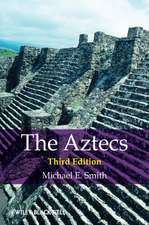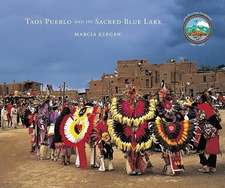Things Seen and Unseen: Discourse and Ideology in Tokugawa Nativism
Autor Harry D. Harootunianen Limba Engleză Paperback – 29 feb 1988
This long-awaited work explores the place of kokugaku (rendered here as "nativism") during Japan's Tokugawa period. Kokugaku, the sense of a distinct and sacred Japanese identity, appeared in the eighteenth century in reaction to the pervasive influence of Chinese culture on Japan. Against this influence, nativists sought a Japanese sense of difference grounded in folk tradition, agricultural values, and ancient Japanese religion. H. D. Harootunian treats nativism as a discourse and shows how it functioned ideologically in Tokugawa Japan.
Preț: 447.32 lei
Nou
Puncte Express: 671
Preț estimativ în valută:
85.60€ • 88.87$ • 71.38£
85.60€ • 88.87$ • 71.38£
Carte tipărită la comandă
Livrare economică 22 martie-05 aprilie
Preluare comenzi: 021 569.72.76
Specificații
ISBN-13: 9780226317076
ISBN-10: 0226317072
Pagini: 508
Dimensiuni: 152 x 229 x 33 mm
Greutate: 0.68 kg
Ediția:1
Editura: University of Chicago Press
Colecția University of Chicago Press
ISBN-10: 0226317072
Pagini: 508
Dimensiuni: 152 x 229 x 33 mm
Greutate: 0.68 kg
Ediția:1
Editura: University of Chicago Press
Colecția University of Chicago Press
Cuprins
Acknowledgments
Abbreviations
Prologue: Historians' Discourse and the Problem of Nativism
1. Discourse/Ideology: Language/Labor
The Language of Ideology
The Problematic of Discourse
The Ideology of Language
2. Archaism I: The Origin of Discourse
Language and the Question of Form and Content
The Poetry of Things
Inventing the Daily Life
3. Archaism II: The Discourse on Origins
The Politics of Poetics
The Prose of the World
The Chronotope of Collective Time
4. Routinizing the Ancient Way
Religion and the Problem of Routinization
Sender and Receiver: Constituting a Subject for Discourse
Message: The Work of Worship
5. Ruralization I: Figure and Fulfillment
Historical Conjuncture
Classifying the Cosmos
The Rhetoric of Place: Shrine and Village
Cosmologizing Agriculture: The Origins of Wealth
The Worship of Work
6. Ruralization II: Act and Authority
Authority for Action
Entrustment and Enabling
Embodying Habitus
Part for Whole
7. Knowledge, Interest, and the Cultural Order
Hermeneutics and History
"Learning the Customs of Folk"
Poetic Knowledge and Politics
8. Accomplices of Restoration
Figures of Restoration
Between Religion and Polity
The Community of Silence
Epilogue: Native Knowledge and the Production of a Modern "Japanese Ideology"
Notes
Index
Abbreviations
Prologue: Historians' Discourse and the Problem of Nativism
1. Discourse/Ideology: Language/Labor
The Language of Ideology
The Problematic of Discourse
The Ideology of Language
2. Archaism I: The Origin of Discourse
Language and the Question of Form and Content
The Poetry of Things
Inventing the Daily Life
3. Archaism II: The Discourse on Origins
The Politics of Poetics
The Prose of the World
The Chronotope of Collective Time
4. Routinizing the Ancient Way
Religion and the Problem of Routinization
Sender and Receiver: Constituting a Subject for Discourse
Message: The Work of Worship
5. Ruralization I: Figure and Fulfillment
Historical Conjuncture
Classifying the Cosmos
The Rhetoric of Place: Shrine and Village
Cosmologizing Agriculture: The Origins of Wealth
The Worship of Work
6. Ruralization II: Act and Authority
Authority for Action
Entrustment and Enabling
Embodying Habitus
Part for Whole
7. Knowledge, Interest, and the Cultural Order
Hermeneutics and History
"Learning the Customs of Folk"
Poetic Knowledge and Politics
8. Accomplices of Restoration
Figures of Restoration
Between Religion and Polity
The Community of Silence
Epilogue: Native Knowledge and the Production of a Modern "Japanese Ideology"
Notes
Index














